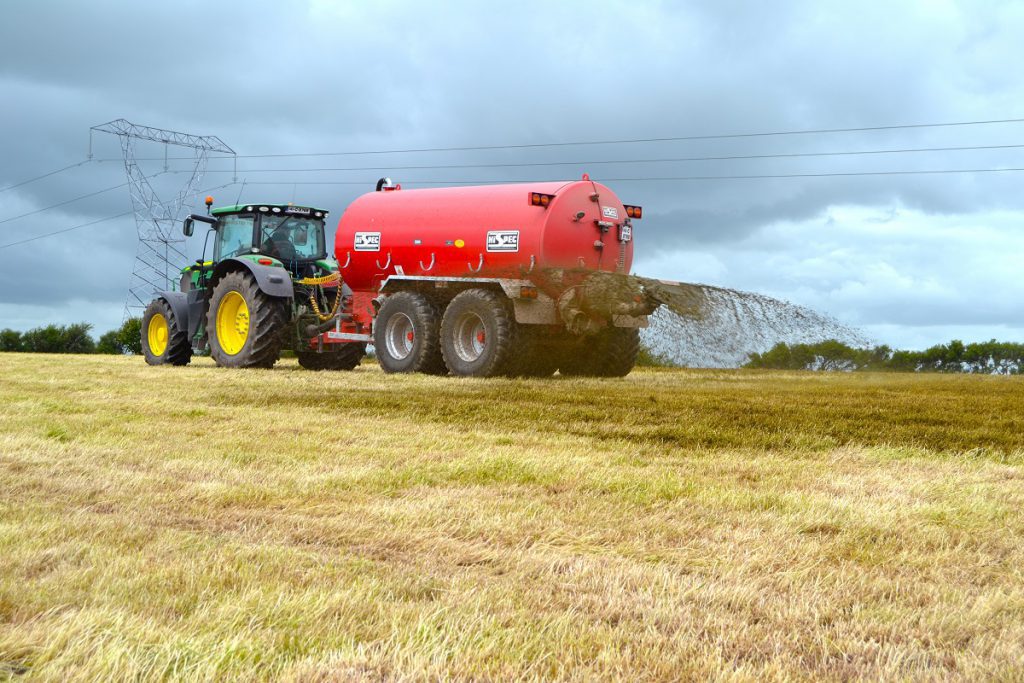At the recent dairy tech event held by The Royal Association of British Dairy Farmers (RABDF), Sarah Tomlinson a vet based in Derbyshire. Discussed the current pitfalls of the Mycobacterium bovis (TB) testing system currently used in the UK and Ireland.
Sarah stated that the tuberculin skin test (also known as the Mantoux tuberculin test) is only at best 80% accurate, meaning that 20% of animals that should test positive don’t.
Sarah believes that this may play a role in herd going clear after completing their testing regime and then having a reactor during a follow up test.
She recommend that farmers buying in stock should only buy from herds that have been clear of TB for five years or more.
Bovine TB
Control of TB is important because of it is potentially zoonotic and also because of the severe economic effects of slaughter and movement restrictions required to control the disease. M. bovis is spread in a number of ways by infectious animals – in their breath, milk, discharging lesions, saliva, urine or faeces.
TB bacteria has a waxy shell, which mean it can survive in the immune system and environment. This one of the main reason TB lesion are usually only seen in older cattle.
It is spread through close contact with an infected cattle, contaminated feed stuff and pasture.
- Up to 60 days in water;
- Up to three months in soil;
- At least six months in stored slurry.
Reducing Cattle to Cattle Spread of TB
- Establish a closed herd system and breed own replacements. Every purchase is a risk;
- Prevent contact between your cattle and those on neighbouring farms; use sound fencing to stop nose to nose contact; place barriers in gateways to stop contact with passing cattle;
- Isolate any bought-in animals;
- Check when bought-in cattle were last TB tested. If they need testing before your routine herd test, consider a private TB test, or consider whether a compulsory pre-movement test is required;
- If you share livestock vehicles, ensure they are disinfected;
- If possible, avoid common grazing.
Minimizing Spread of TB from Wildlife
- Keep wildlife out of farm buildings, especially feed stores. Keep the doors secure and closed at night;
- Fence off areas around badger setts to keep cattle out while allowing badgers free access;
- Raise feed and water troughs so that their lips are at least 80cm off the ground, and keep them clean;
- Silage pits should be well covered and the face protected if not used.


